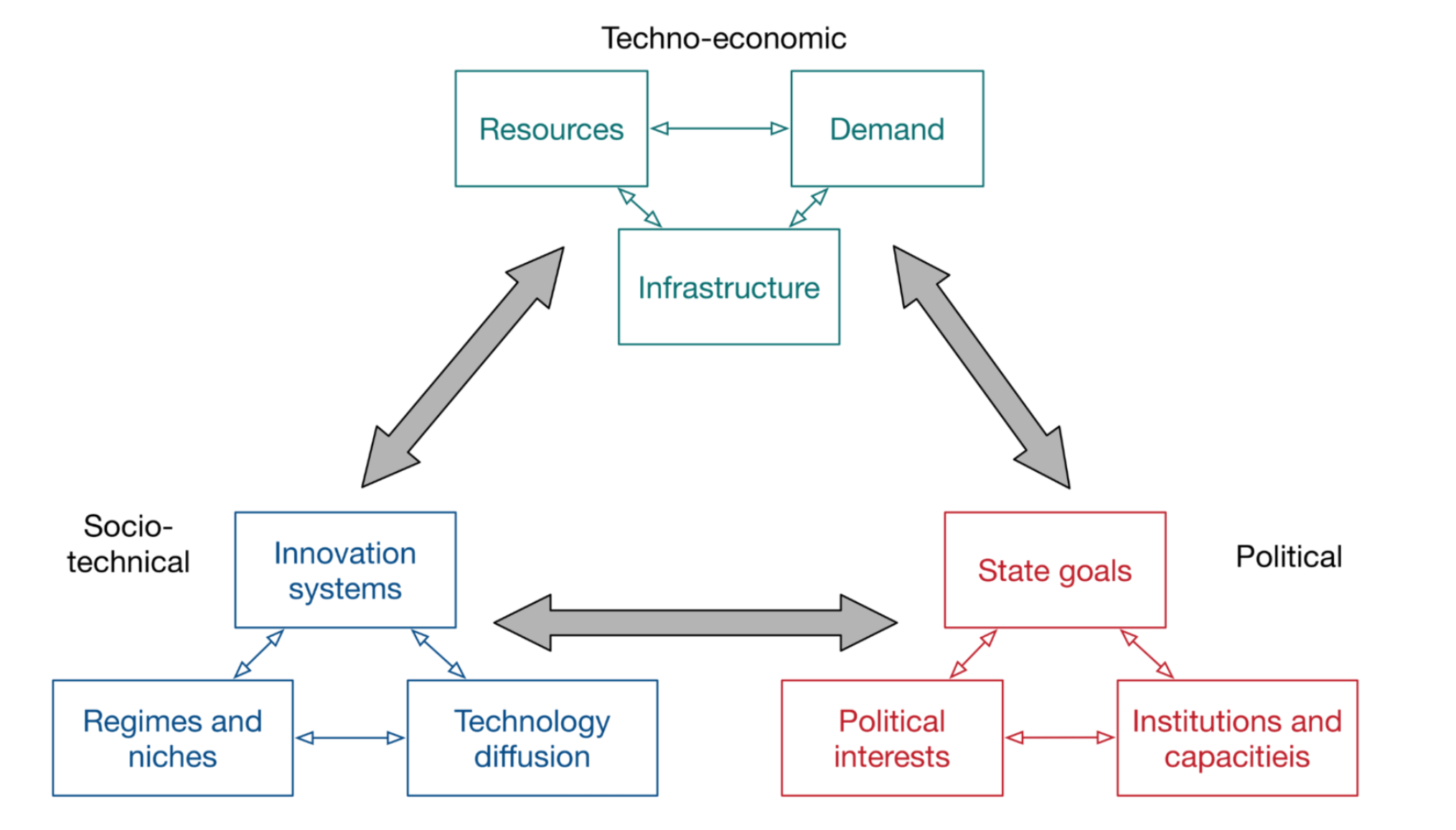
Integrating techno-economic, socio-technical and political perspectives on energy transitions
A newly published paper proposes a meta-theoretical framework integrating techno-economic, socio-technical and political perspectives on national energy transitions. The use of the framework is illustrated by a comparative analysis of energy transitions in Germany and Japan.

Comparing energy transitions in Germany and Japan
Lorem ipsum dolor sit amet, consectetur adipiscing elit, sed do eiusmod tempor incididunt ut labore et dolore magna aliqua. At quis risus sed vulputate odio. Maecenas accumsan lacus vel facilisis volutpat.
Fukushima’s impact on energy in Japan should be viewed in a broader context
In response to our Comment in Nature (1), Cherp and Jewell write that Japan's ambition for renewables was not altered by the Fukushima disaster (2). Although the evidence they present is technically accurate and their point on the decreased role of nuclear is correct, we would like to bring a broader context to the readers’ attention.

Renewables targeted before Fukushima
In a recent letter to Nature we argue that Japan had become a world's leader in solar energy long before Fukushima. This is both good and bad news for low-carbon energy transitions. On the one hand, there is no need to wait for a nuclear disaster to develop renewable electricity. On the other hand, solar and wind energy will not magically emerge after an earthquake and a tsunami strike a nuclear power plant.